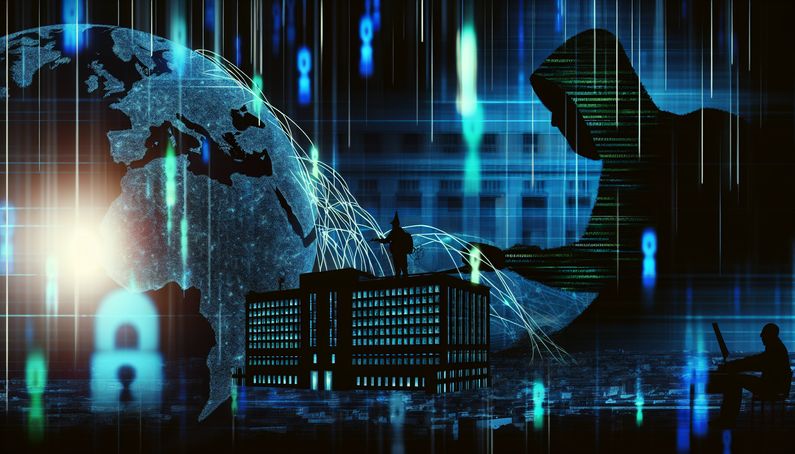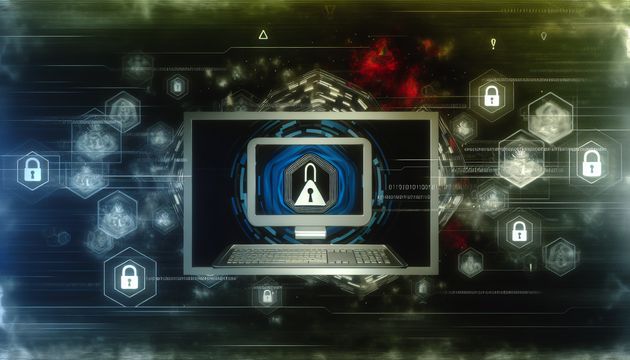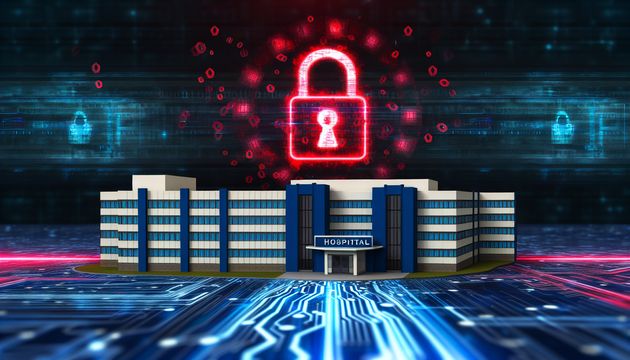
Cyberattack on the ICC: A Wake-Up Call for Global Cybersecurity
The International Criminal Court (ICC), a pivotal institution in global justice, recently faced a sophisticated cyberattack that underscores the growing threats to international organizations. This breach, coinciding with the NATO summit in The Hague, highlights the strategic timing often employed by cybercriminals to maximize impact (Bleeping Computer; Euronews). The attack’s primary aim appears to be espionage, targeting the ICC’s sensitive operations and potentially undermining its mandate (IMEMC News; Techzine Global). This incident not only raises questions about the security measures in place but also about the broader implications for international law and order.
Details of the Cyberattack on the International Criminal Court
Nature and Timing of the Attack
The International Criminal Court (ICC) was subjected to a sophisticated and targeted cyberattack, which was identified and contained last week. The incident coincided with the NATO leaders’ summit held in The Hague, Netherlands, where the ICC is based. According to multiple sources, the attack was detected by the ICC’s internal alert and response mechanisms, which enabled a swift containment of the breach (Bleeping Computer; Euronews).
Attack Methodology and Objectives
While specific details about the attackers or the methods used have not been disclosed, the ICC described the attack as both “sophisticated” and “targeted.” The evidence gathered thus far suggests that the primary objective of the cyberattack was espionage. This conclusion is drawn from the nature of the attack, which appears to have been an attempt to undermine the ICC’s mandate through cyber espionage activities (IMEMC News; Techzine Global).
Impact and Containment Measures
The ICC has stated that there is no evidence linking the breach to a specific espionage group, and the full impact of the attack remains unclear. However, the court has emphasized that there is no indication that data entrusted to the ICC was compromised. The organization is conducting a comprehensive impact analysis to assess the extent of the breach and is implementing measures to mitigate any potential effects (Jamaica Observer; Global Nation Inquirer).
Broader Security Concerns
The cyberattack on the ICC comes amid heightened security concerns for the court, which has been facing persistent attempts to attack and disrupt its systems. In addition to the recent cyber incident, the ICC has reported receiving death threats and facing both physical and cyber menacing. There was also an “almost successful attempt” to infiltrate a hostile intelligence officer into the court under the guise of an intern, highlighting the multifaceted nature of the threats faced by the ICC (Forbes; Bloomberg).
Response and Recovery Efforts
In response to the cyberattack, the ICC has activated its alert and response mechanisms, which played a crucial role in the quick detection and containment of the incident. The court is now following its recovery processes, which include a court-wide impact analysis and the implementation of mitigation measures to address any potential consequences of the breach. The ICC is also working to enhance its cybersecurity posture to prevent future incidents (Hypertext; Techzine Global).
Emerging Technologies and Future Prevention
Emerging technologies like Artificial Intelligence (AI) and the Internet of Things (IoT) are playing an increasingly significant role in both the execution and prevention of cyberattacks. AI can be used by cybercriminals to automate and enhance the sophistication of attacks, making them harder to detect. Conversely, AI-driven cybersecurity solutions can help organizations like the ICC to predict, detect, and respond to threats more effectively. The integration of IoT devices also presents new vulnerabilities, but with proper security protocols, they can enhance the ICC’s operational efficiency and security measures.
This report provides a comprehensive overview of the cyberattack on the ICC, focusing on the nature and timing of the attack, the methodology and objectives, the impact and containment measures, broader security concerns, and the response and recovery efforts. The information presented here is based on the latest available data and aims to offer an in-depth understanding of the incident and its implications for the ICC.
Final Thoughts
The cyberattack on the ICC serves as a stark reminder of the vulnerabilities faced by even the most secure international institutions. While the ICC’s swift response and containment efforts are commendable, the incident underscores the need for continuous vigilance and enhanced cybersecurity measures (Jamaica Observer; Global Nation Inquirer). As cyber threats evolve, so too must the strategies to combat them, ensuring that organizations like the ICC can continue their crucial work without disruption. This event also highlights the importance of international cooperation in cybersecurity, as threats often transcend borders and require a unified response (Forbes; Bloomberg).
References
- Bleeping Computer. (2025). International Criminal Court hit by new sophisticated cyberattack. https://www.bleepingcomputer.com/news/security/international-criminal-court-hit-by-new-sophisticated-cyberattack/
- Euronews. (2025). International Criminal Court hit with cyber attack during NATO summit. https://www.euronews.com/next/2025/07/01/international-criminal-court-hit-with-cyber-attack-during-nato-summit
- IMEMC News. (2025). Cyber attack targets International Criminal Court. https://imemc.org/article/cyber-attack-targets-international-criminal-court/
- Techzine Global. (2025). ICC hit by sophisticated and targeted cyberattack. https://www.techzine.eu/news/security/132660/icc-hit-by-sophisticated-and-targeted-cyberattack/
- Jamaica Observer. (2025). Targeted sophisticated cyberattack hits ICC. https://www.jamaicaobserver.com/2025/06/30/targeted-sophisticated-cyberattack-hits-icc/
- Global Nation Inquirer. (2025). ICC confirms targeted cyber attack, launches probe. https://globalnation.inquirer.net/283136/icc-confirms-targeted-cyber-attack-launches-probe
- Forbes. (2025). The International Criminal Court confirms new hack attack. https://www.forbes.com/sites/daveywinder/2025/07/01/the-international-criminal-court-confirms-new-hack-attack/
- Bloomberg. (2025). International Criminal Court says it’s contained cyber incident. https://www.bloomberg.com/news/articles/2025-06-30/international-criminal-court-says-it-s-contained-cyber-incident)



